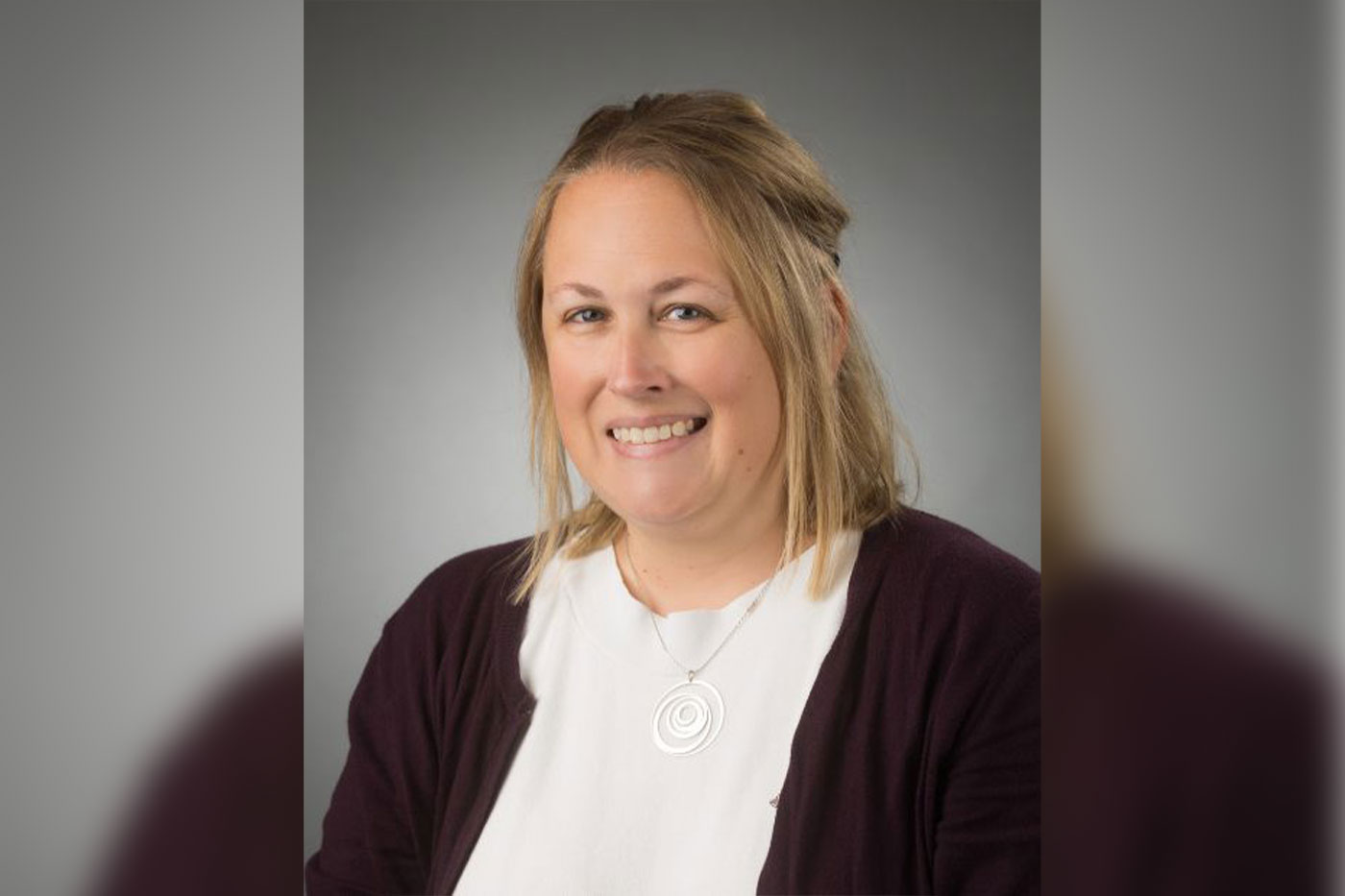Through a grant from the Sarah Kyle Anorexia Nervosa Research Foundation, Melissa Munn-Chernoff seeks to uncover the disorder’s biological mechanisms.
When mental illnesses come to mind, many think of conditions such as depression or bipolar disorder.
However, the Mayo Clinic states the most lethal mental health condition second to opioid overdoses is anorexia nervosa. This psychiatric disorder characterized by limited food intake is linked to a fear of gaining weight and disturbance in body weight or shape. Being underweight and malnourished can create changes in the brain, and if prolonged, the damage to the body can lead to death.
Melissa Munn-Chernoff, a behavioral geneticist and psychiatric epidemiologist at Texas Tech University’s Community, Family, & Addiction Sciences, has seen these signs before in a close friend more than 20 years ago. After watching her struggle both physically and mentally, Munn-Chernoff sought to understand eating disorders by obtaining degrees in psychology, behavioral genetics and psychiatric epidemiology.
During her studies, she learned early on that all mental health conditions run in families. The same is true for anorexia nervosa, which made her wonder about the genetic risks for the disorder.

“That’s what really got me interested in and studying the genetic risks for anorexia nervosa and other eating disorders,” Munn-Chernoff said. “Throughout my career, I’ve long been interested in why eating disorders co-occur with other disorders. I’ve done some other studies with anorexia nervosa, but what we really don’t know is the biological mechanisms and how they interact with the environment that contribute to it.”
Munn-Chernoff decided to bring this search to Texas Tech last year because of similar interests she found within the College of Health & Human Sciences. She remained in contact with her colleagues Kari North at the University of North Carolina at Chapel Hill and Jennifer Below with Vanderbilt University Medical Center as they continued to flesh out their research involving DNA methylation (DNAm). This process reveals how environmental factors influence gene expression and could be an innovative marker for anorexia nervosa development.
By understanding the biological factors that increase the risk for anorexia nervosa, the researchers hope to develop intervention methods or provide more effective treatment options for those with the disorder who do not respond to current treatments.
It took two years to find the perfect fit to fund their work, but in March, Munn-Chernoff found just that while attending an international eating disorder conference.
“I met Dr. (David) Kyle with the newly established Sarah Kyle Anorexia Nervosa Research Foundation (SKANRF) and he mentioned that they were looking for proposals with a biological component,” Munn-Chernoff said. “I went back to my colleagues and said, ‘I think I found the place where our work could be supported.’”
Sarah Kyle Anorexia Nervosa Research Foundation
The SKANRF is a 501(c)(3) public charity formed to back the worldwide eating disorders community by facilitating social community connections, establishing linkages to medical and mental health service providers and sharing up-to-date information on eating disorders.
Similarly to Munn-Chernoff, Kyle and his wife Nancy Andrew-Kyle formed this foundation inspired by the trials of a loved one: their daughter, Sarah Jane Louise Kyle. Sarah was only 28 years old when she passed away in 2016 from septic shock induced by “the ravages of anorexia nervosa,” right before she had the chance to begin her recovery program.
Sarah’s story on the SKANRF website describes her as a radiant soul with an enduring spirit who is missed every day. SKANRF was founded six years later in 2022 with a mission to identify and support novel high quality medical research that provides a pathway to the primary prevention of anorexia nervosa.

“Sarah sounds like she was a phenomenal person,” Munn-Chernoff said, “I hope that by receiving this funding and building this relationship with Dr. Kyle, I can learn more about her story and ways we can provide even more help to individuals who have anorexia nervosa.”
SKANRF’s commitment to early-stage funding of anorexia nervosa research kicked off with a grant application process that ended in May. Munn-Chernoff, North and Below submitted one of many high-caliber proposals from world-class academic institutions.
They outlined how they would like to conduct a DNAm study to examine genetic markers across the entire genome in 50 anorexia nervosa cases and 50 controls from Vanderbilt University’s biobank, matched on multiple characteristics like age, sex, race and ethnicity. Then, by identifying DNAm sites across the human genome associated with the development of anorexia nervosa, they would be able to surpass existing DNAm studies limited by small sample sizes and few genetic markers.
The researchers were later delighted to learn they received the inaugural Phase One Grant.
“The smooth selection process conducted by our advisory board reinforces our belief that the SKANRF is the right conduit to meet the urgent need for significantly expanded funding for anorexia nervosa research,” Kyle said. “SKANRF is dedicated to addressing this need through a competitive, phased funding approach.”
Munn-Chernoff will lead the Phase One project which will focus on identifying DNAm sites linked to anorexia nervosa and exploring the importance of epigenetic modifications that can influence gene expression without altering the DNA sequence itself. Kyle believes this research holds significant promise given the limited understanding of the interplay between genetic and environmental factors in the development of anorexia nervosa.
The researchers will analyze blood samples of individuals with a lifetime history of anorexia nervosa from the biobank, which is linked with electronic health records to provide rich phenotypic and genetic data for future research.
“Phase One is really just to get the process started,” Munn-Chernoff said. “It’s really more of a feasibility test to demonstrate that we can successfully do what we said we can do.”
After six months, Munn-Chernoff and the researchers will use their findings from Phase One to form their Phase Two funding proposal. They anticipate they will increase their sample sizes during this secondary project to examine whether any of these DNAm sites might also be associated with psychiatric disorders that commonly co-occur with anorexia nervosa, including major depressive disorder and even alcohol use disorder.
Once they pull this information from hospital electronic medical records, Munn-Chernoff believes they can identify ways to provide necessary steps to develop a biologically informed treatment for anorexia nervosa. This is vital in her eyes to decrease the high morbidity and mortality associated with the disorder.
All the while, Munn-Chernoff will continue her commitment to educate others that eating disorders are really a biological illness – allowing those struggling with the disorder to understand why they face such an uphill battle to recovery.
But just as she witnessed with her close friend, through determination, it is possible to heal from anorexia nervosa and lead a fulfilling life.
“We know anorexia nervosa treatment is not a one-size-fits-all approach,” she noted. “So, the more we’re able to find novel treatments through work such as this, I hope we can identify areas to investigate further that will really increase the options individuals have so they’re not suffering for long.”

